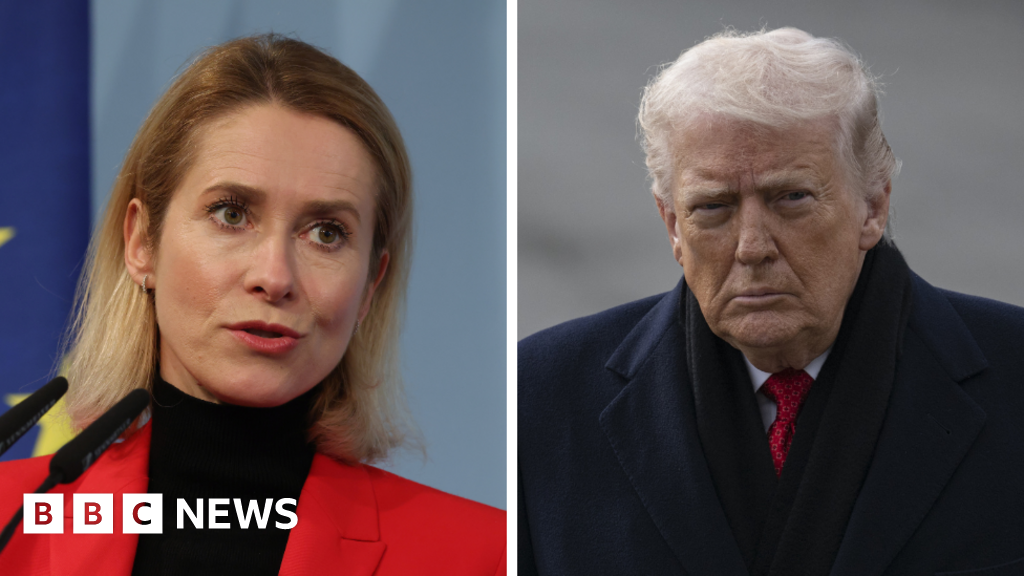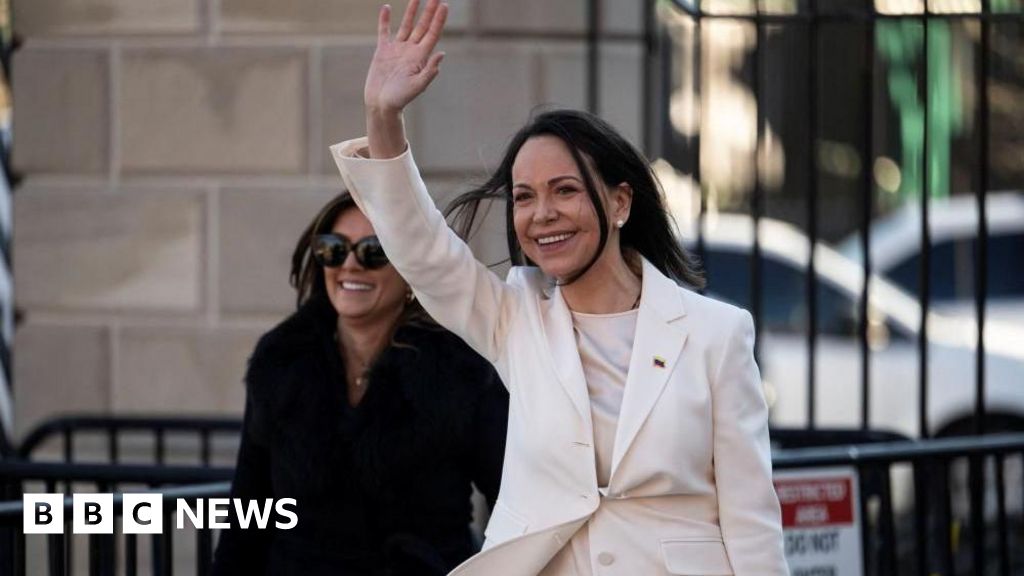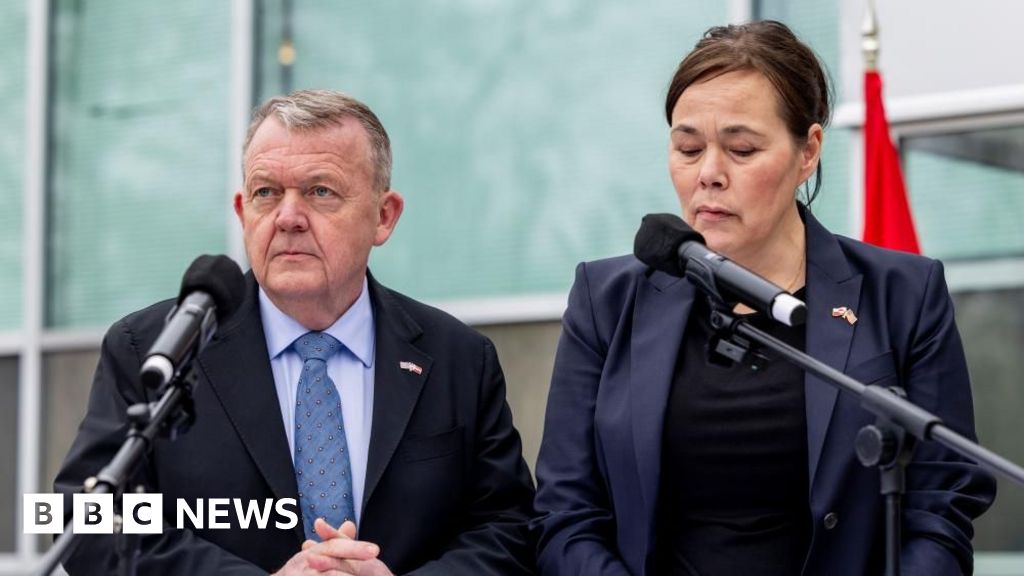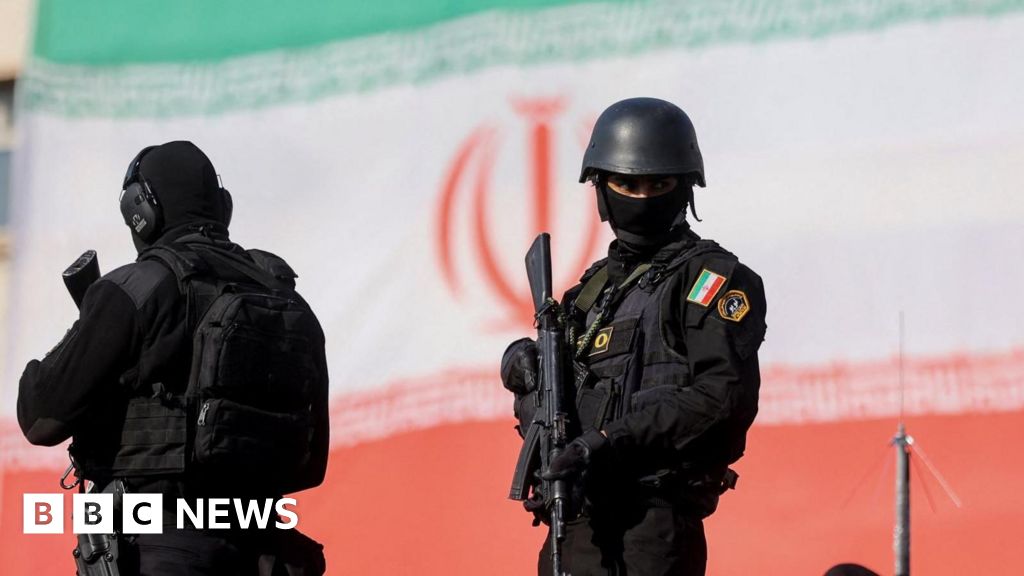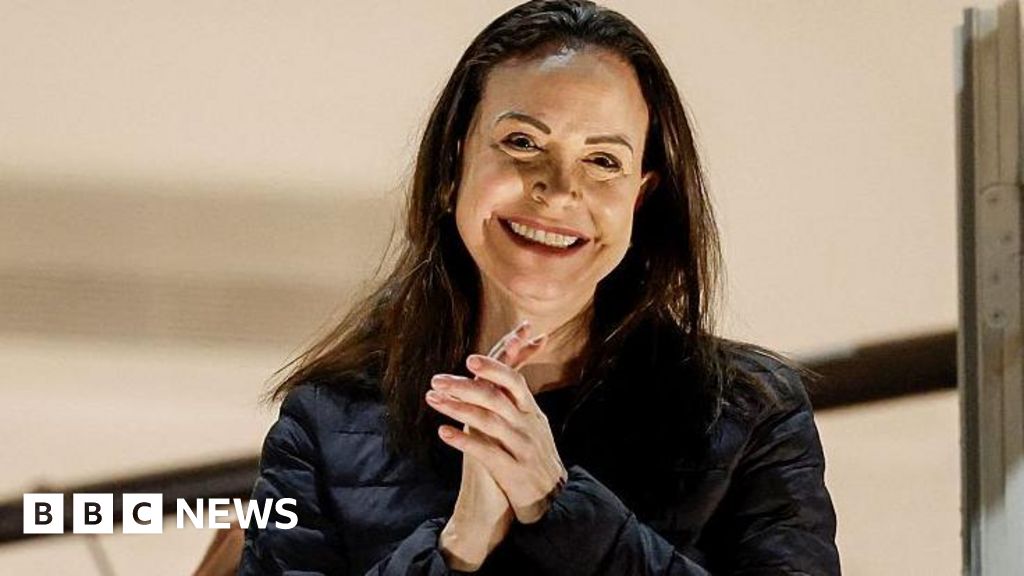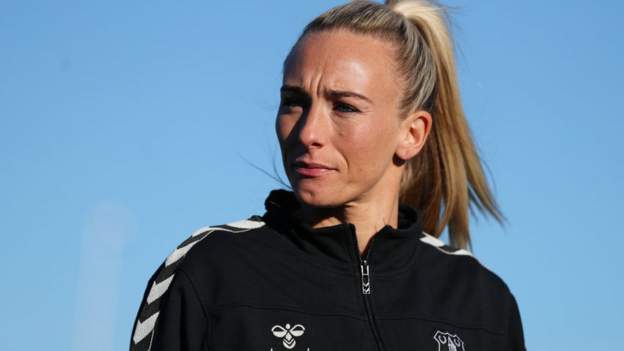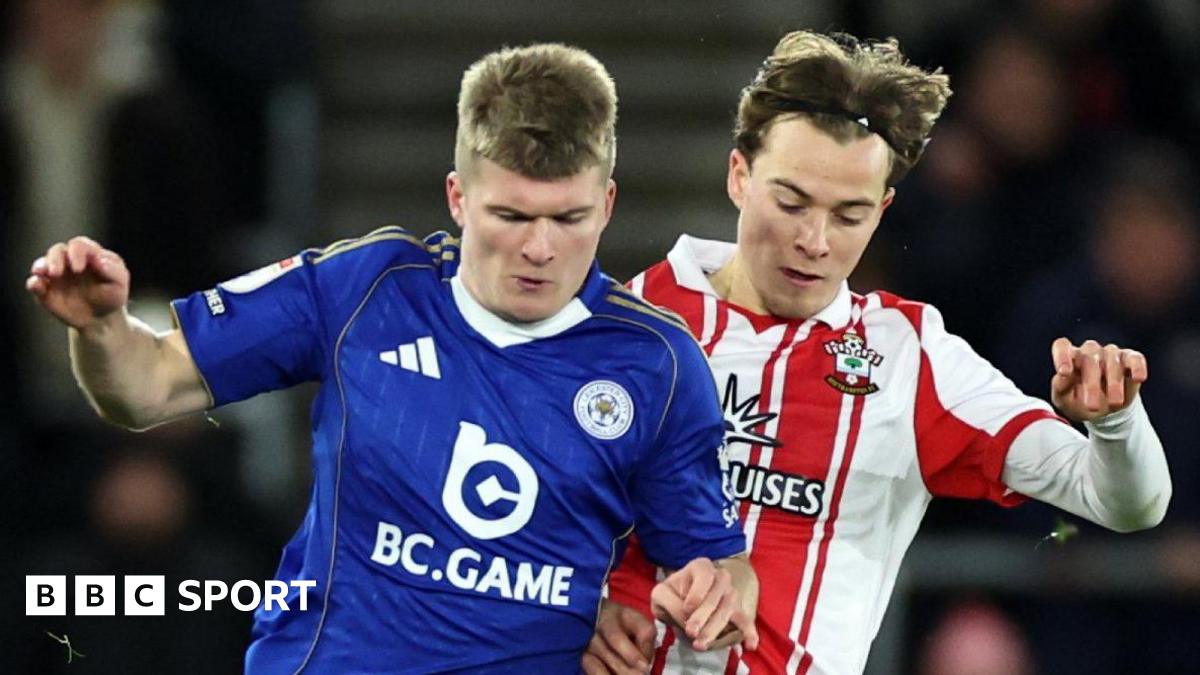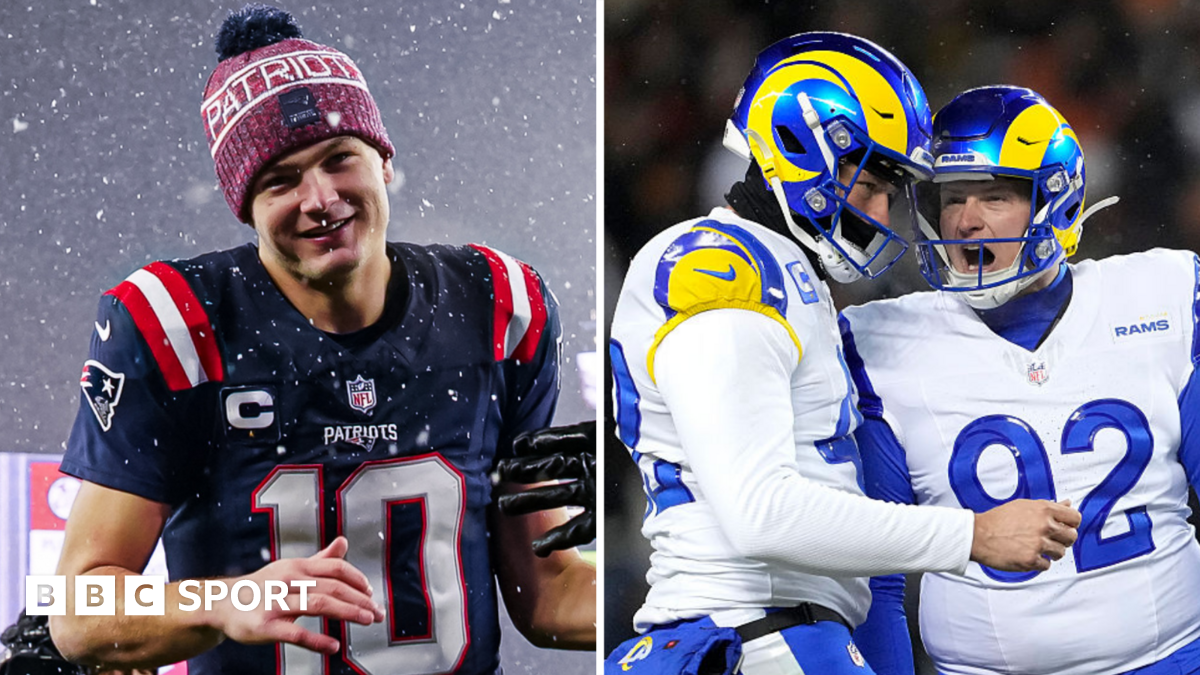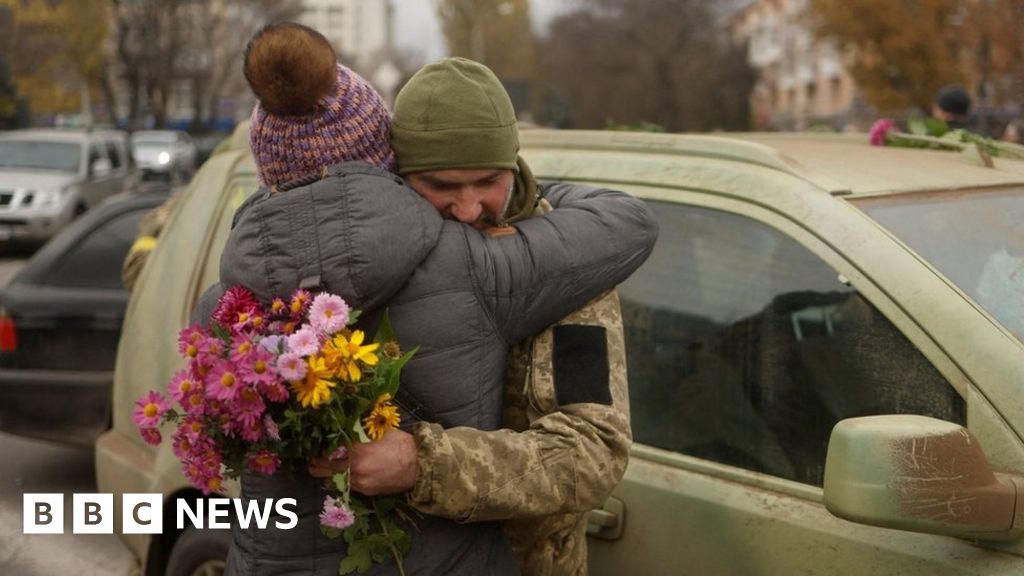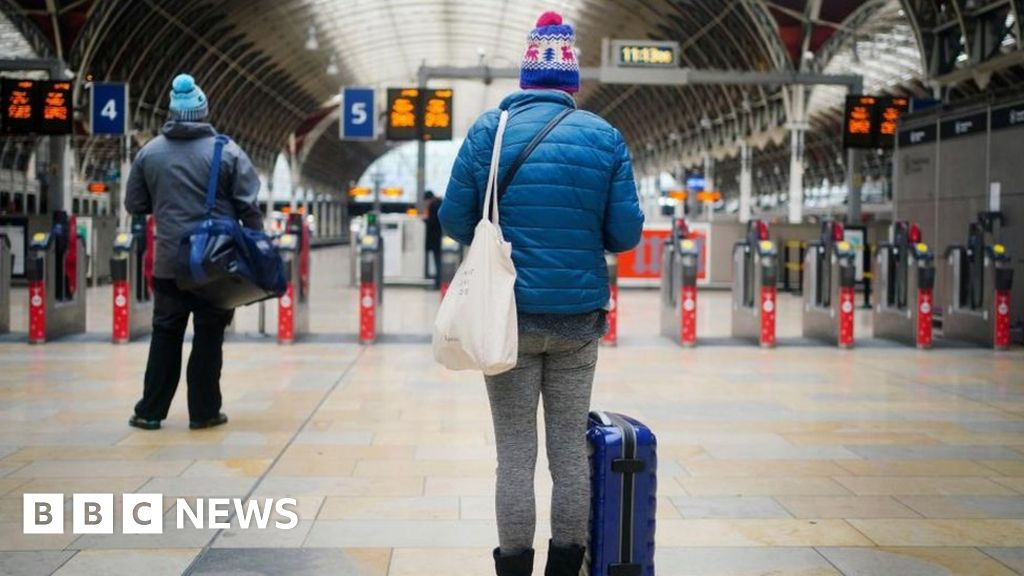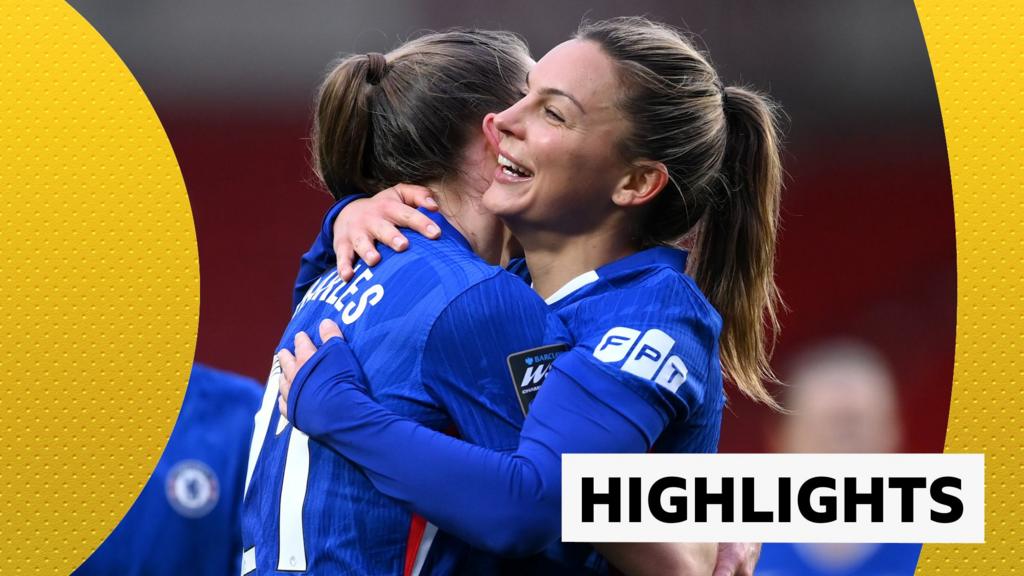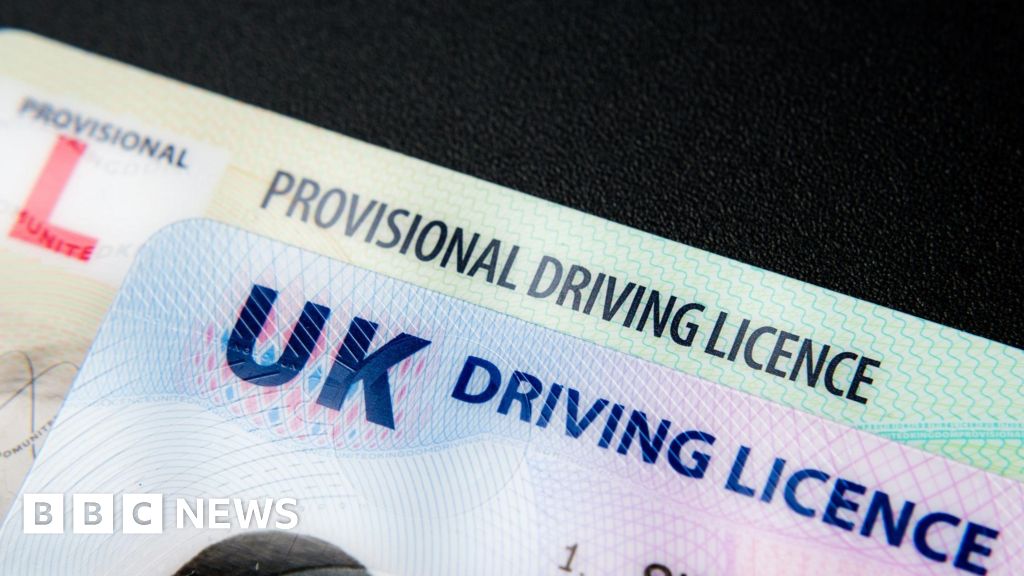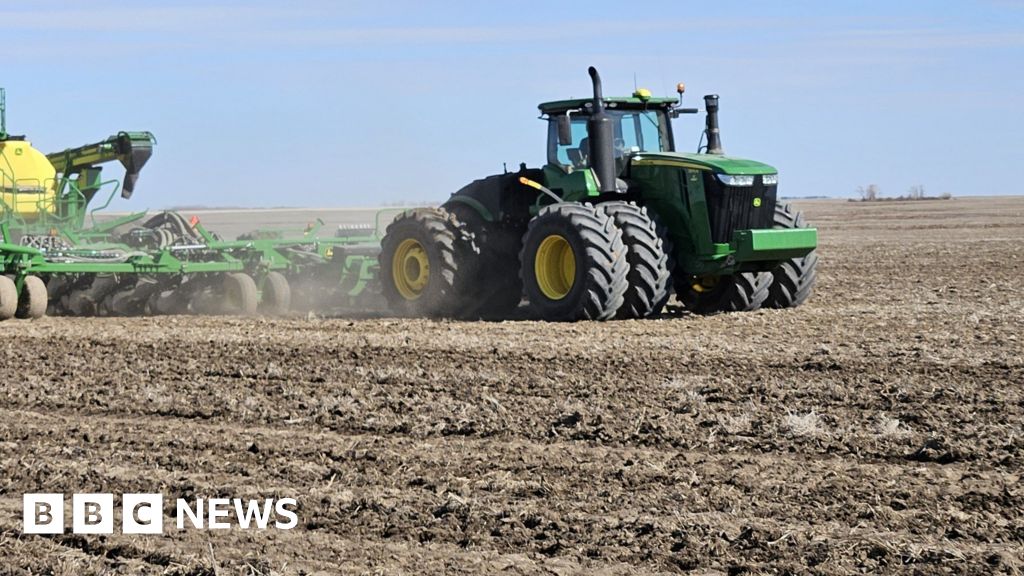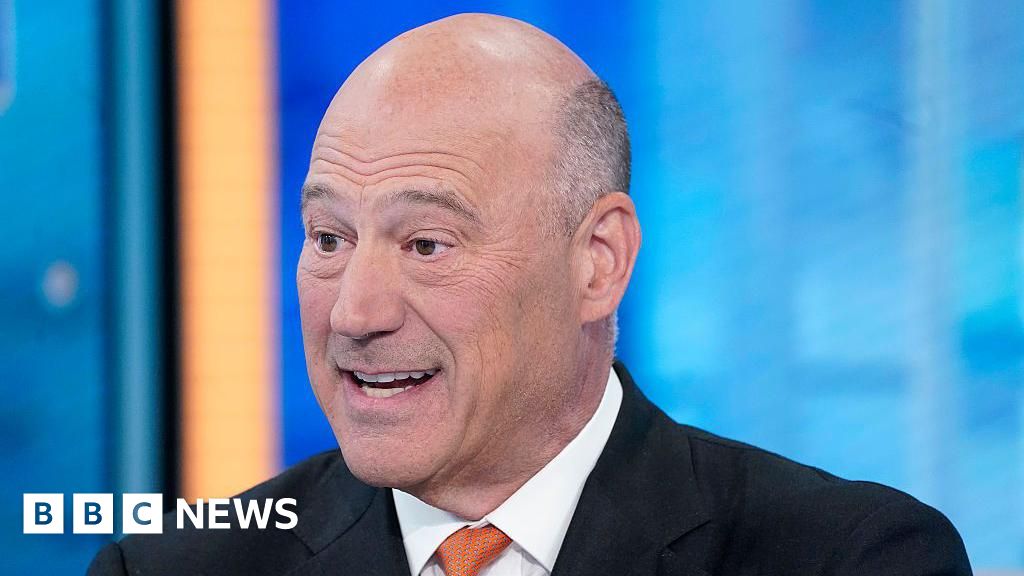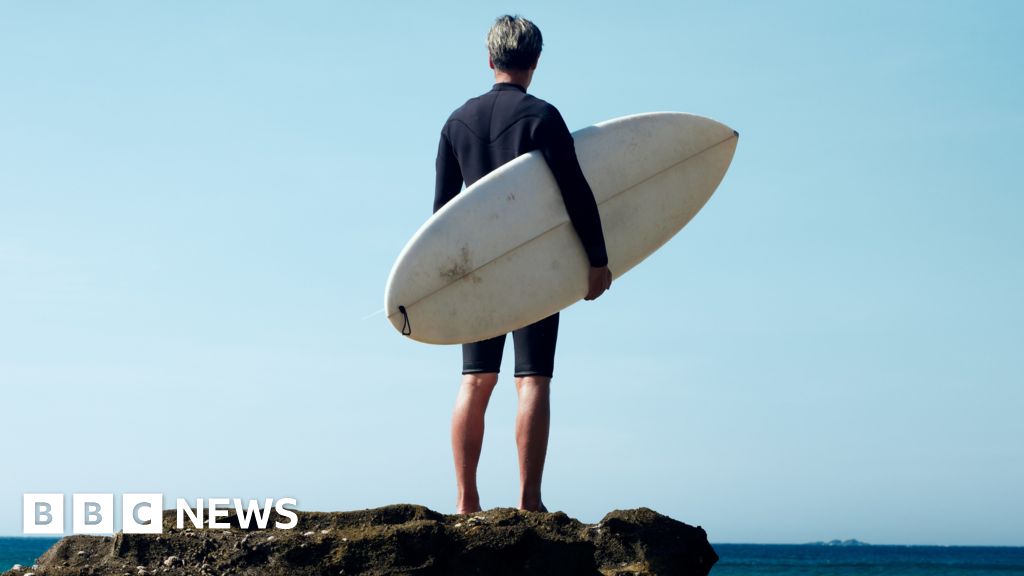It is not often you tell your boss you are pregnant before your parents.
But for Everton forward Toni Duggan, 31, that was one of the tough choices she had to make after finding out she was to become a mum while still a professional footballer.
“One of the biggest challenges was hiding it from the team,” says Duggan, who is now more than four months into her pregnancy.
“It’s not so common in our environment for this to happen so that was quite tough initially.
“I was probably more shocked and it was more difficult to deal with. I had to tell the coach before I told my mum. That was different and new.
“It was something I wouldn’t have wanted to do, but as a professional footballer, I had to.”
Duggan, who has 76 caps for England, announced her pregnancy publicly in September and has still been doing some training with the club – when her morning sickness hasn’t got in the way.
“Now I’m starting to feel the baby kick a bit more so that makes it feel more real,” Duggan tells BBC Sport.
“I’m really happy that I’m still with the team and a part of it. I’ve had a lot of days off with the sickness so the club have been amazing in that respect.
“I missed one of the girls’ games which I was really gutted about. When I watch the games I miss playing. Hopefully that will come back after the baby.”
‘Knowing how to handle it was difficult’
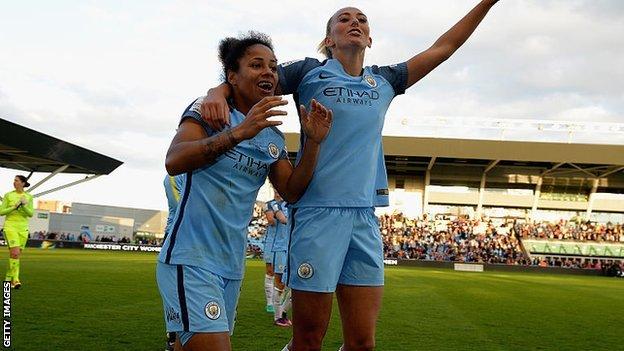
Duggan is not the first footballer in England to become a mum but it is not common.
Her former England team-mate Katie Chapman had three children – her first when she was 21 – and was among those who called for improvements in childcare support.
Chelsea midfielder Melanie Leupolz announced her pregnancy in March, a month after it was agreed players in the top two tiers of women’s football in England would receive improved maternity pay.
England defender Demi Stokes also became a mum this year, though she did not carry the baby, while Scotland and Reading defender Emma Mukandi, 30 – formerly Emma Mitchell – has recently returned after having her first child.
But Duggan said the decision to become a mum was not a hard one despite it being uncommon in football. The uncertainty of what to do next, however, was more challenging.
“It wasn’t planned initially so I never really thought about it. I always knew I wanted kids and wanted to be a mum but I didn’t know at what stage in my life that would happen,” says Duggan.
“When I did the test and got the positive result there was obviously a lot of shock. Even if I wasn’t in football there would be shock and surprise and a mixture of emotions.
“The reality of thinking ‘I’ve got to tell my manager, the team and I’m not going to play football for x-amount of time’ – knowing how to handle that was difficult.
“I’d never been on the same team as someone who has actually gone through that initial process. It was just me and my boyfriend and I was like ‘what do we do?'”
Duggan had support from the club doctor and he advised her on the next steps. She told the manager and the physio and they kept it between themselves until the 12-week stage, when she finally shared the news with her team-mates.
“That was the most relieved I’ve been in so long. I had to hide it from them and say I had a back injury. Sorry to anyone I lied to but I didn’t know what way to go about it,” says Duggan.
“Sharing the dressing room with the girls and having to hide it, while I was being sick and starting to get a bit of a bump – all these things.
“They didn’t realise. Nobody had clocked on that I might be pregnant. It was a big, big relief. I obviously told my family then too and they were over the moon.”
‘I want to know how others go about it’
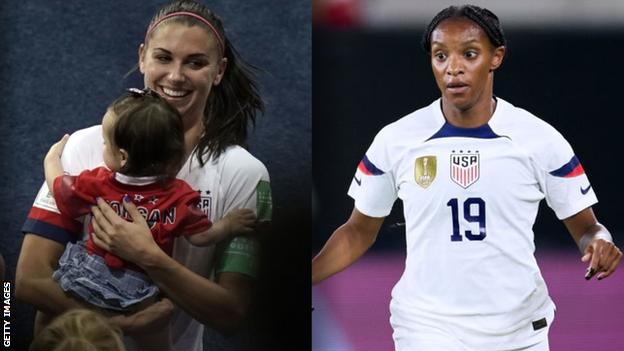
Duggan wants to help other footballers on their journeys to becoming a mother and she says she is “intrigued” by the support offered elsewhere in women’s football.
The United States have had several high-profile mums in the squad, including World Cup winners Alex Morgan and Crystal Dunn.
Duggan says it was “a lot more common” in other countries for female footballers to become mums and she wants more research into how they are supported.
“Just because it’s not common doesn’t mean there shouldn’t be guidelines and protocols in place. I want to know how other countries and players go about it,” she says.
“The ones that I do know of are such powerful, strong women and they have come back from it and are doing so well in football. That obviously gives me inspiration that I can do it.”
Her biggest hope is that guidelines are improved so other soon-to-be-mums will feel more at ease on the steps they need to take.
“There are areas I think can be improved still. I don’t think women’s football is ready for women to be pregnant,” says Duggan, who has also played for Manchester City, Barcelona and Atletico Madrid.
“There could be girls out there who are 25 or others at the end of their careers and you should feel comfortable because it’s a natural thing for women.
“It should be welcomed and it should feel natural for women’s football.”
However, Duggan is embracing the journey of pregnancy and she hopes to return to the pitch with a new supporter.
“I love football and I’m still just 31 years old. I couldn’t think of better motivation than having your own child on the sidelines watching you.”


